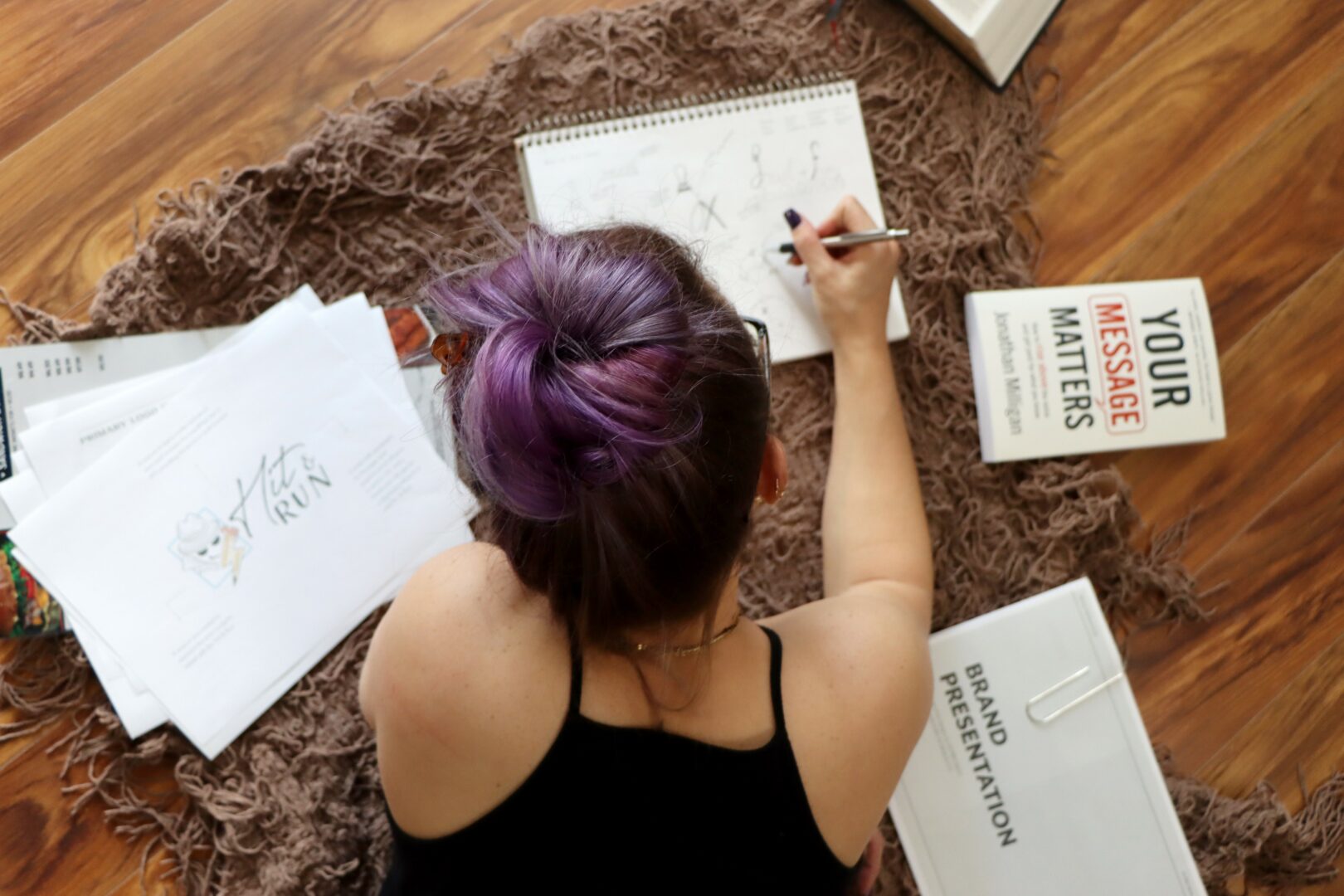We recently connected with Caitlin Smith and have shared our conversation below.
Caitlin, first a big thank you for taking the time to share your thoughts and insights with us today. I’m sure many of our readers will benefit from your wisdom, and one of the areas where we think your insight might be most helpful is related to imposter syndrome. Imposter syndrome is holding so many people back from reaching their true and highest potential and so we’d love to hear about your journey and how you overcame imposter syndrome.
It didn’t matter that I had a 4.0 GPA or that in my corporate career I led department numbers, was fully cross-trained and requested by the heads of departments to oversee their areas while they went on vacation. I dropped out of college and therefore didn’t have ‘the papers’ saying I was capable. My self-confidence plummeted and suddenly I found myself feeling like a fake when I started freelancing in design. Imposter syndrome set in. I questioned my abilities, my worth, my direction with every snide remark or ‘oh, that’s nice’ I received. Overcoming imposter syndrome required me getting out of my hometown and building up enough evidence to prove to myself I hadn’t lost any ability but instead had every opportunity that could be created. I stopped accepting any local clients and began networking and partnering on projects with people out of my circle. I took risks and with each project and each risk, I built evidence for myself that I was committed, I could trust myself to follow through and figure it out, even if it was something I wasn’t skilled or knowledgeable in, yet. Knowing you can trust yourself to show up and figure it out and then positioning yourself openly as a sponge and life-long student instead of an expert really helps remove the feeling of posing as something you’re not.
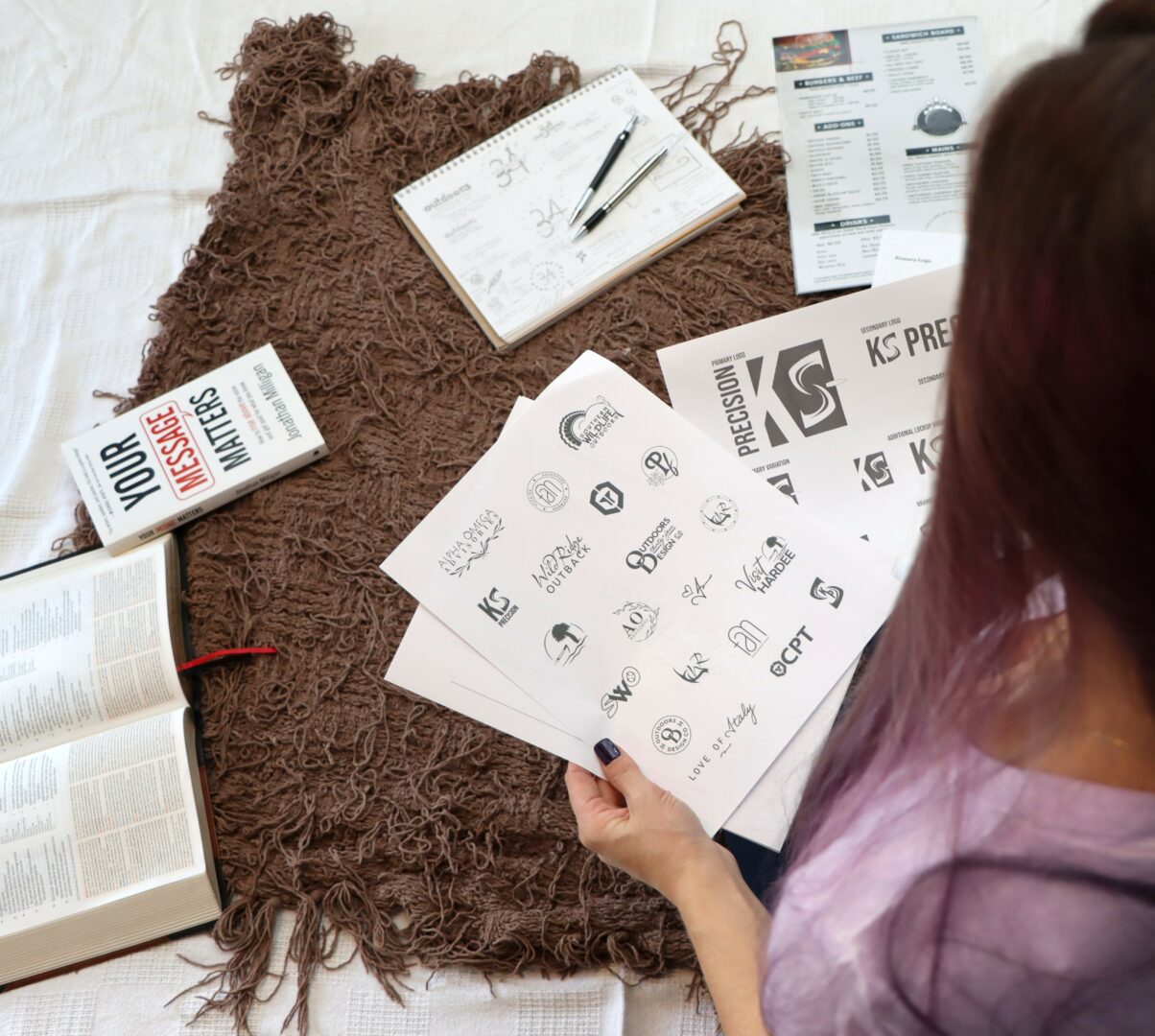
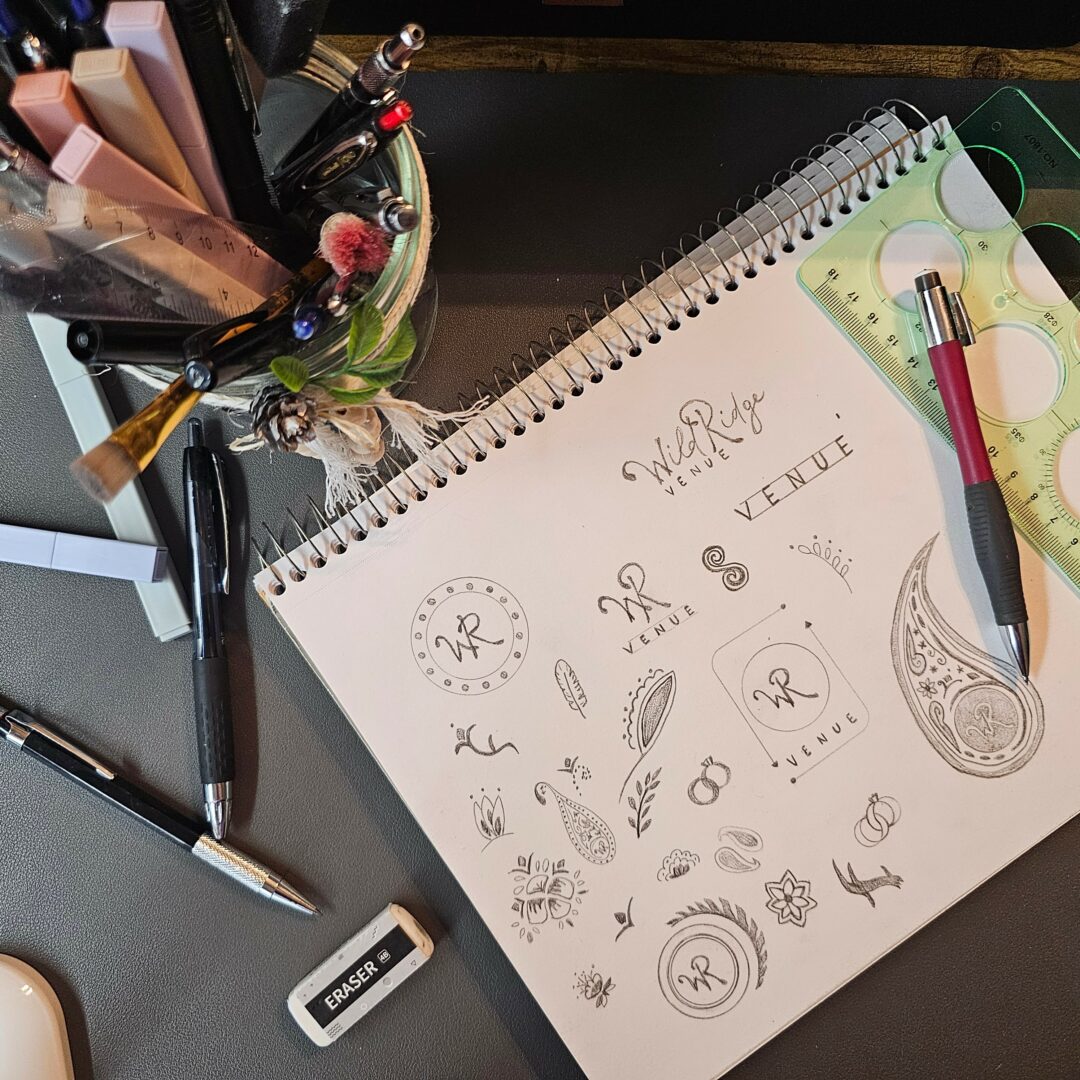
Thanks, so before we move on maybe you can share a bit more about yourself?
I have 2 goals professionally – 1) create a business that fits my health needs; and prove it can be done while managing chronic conditions, and 2) build a boutique branding and marketing studio that truly partners with our clients for long-term relationships.
I recognized my success in my corporate career wasn’t because I was the smartest or even hardest working, but I was ruthless when it came to giving the best experience internally and externally. I understood that if my employer’s brand was to be perceived as being trustworthy and dedicated, that meant I was on the front line to embody it. It’s also why I struggled with dealing with corporate politics, people not doing their jobs and making it harder on the entire team, or worst, the rotten apples who liked to stir up drama. These things were also not conducive to my health problems and the added stress only aggravated my symptoms, ultimately requiring me to leave.
In 2017, when I left corporate I promised myself and my husband I wouldn’t put myself back into that type of stress, the kind that makes you dread Monday on Thursday and left me spending my weekends in Urgent Care. I set out to create my own business that fit my health needs and eventually would become a place others enjoyed being a part of too…even though I had no idea what I was going to do.
Now, as a Brand Strategist & Identity Designer, I work closely with my clients to craft the internal brand and culture that will then lead to the external brand perception. It starts with the heart. Together we look at long-term goals and their vision for the future, and then we work on the visual identity. Whether it’s infusing the family legacy into a new acquisition or retaining the history that got them where they are while embracing the future to get them where they want, brand identity design with my client’s customer’s touchpoints in mind are a beautiful puzzle I enjoy working through together. Always looking for the answers to the “Why do they need this design?”, the “How is this going to be used?”, and the “Where will this lead them in the future?”
After 18 months in business, officially, I’m excited to share the team is growing! In 2024, I worked on negotiating partnerships and collaborations for complimenting services and supporting services this past year that help me with fulfillment, but in 2025 we will be adding content management to help our clients push their brands forward and I’m bringing on a Content Manager to the team!
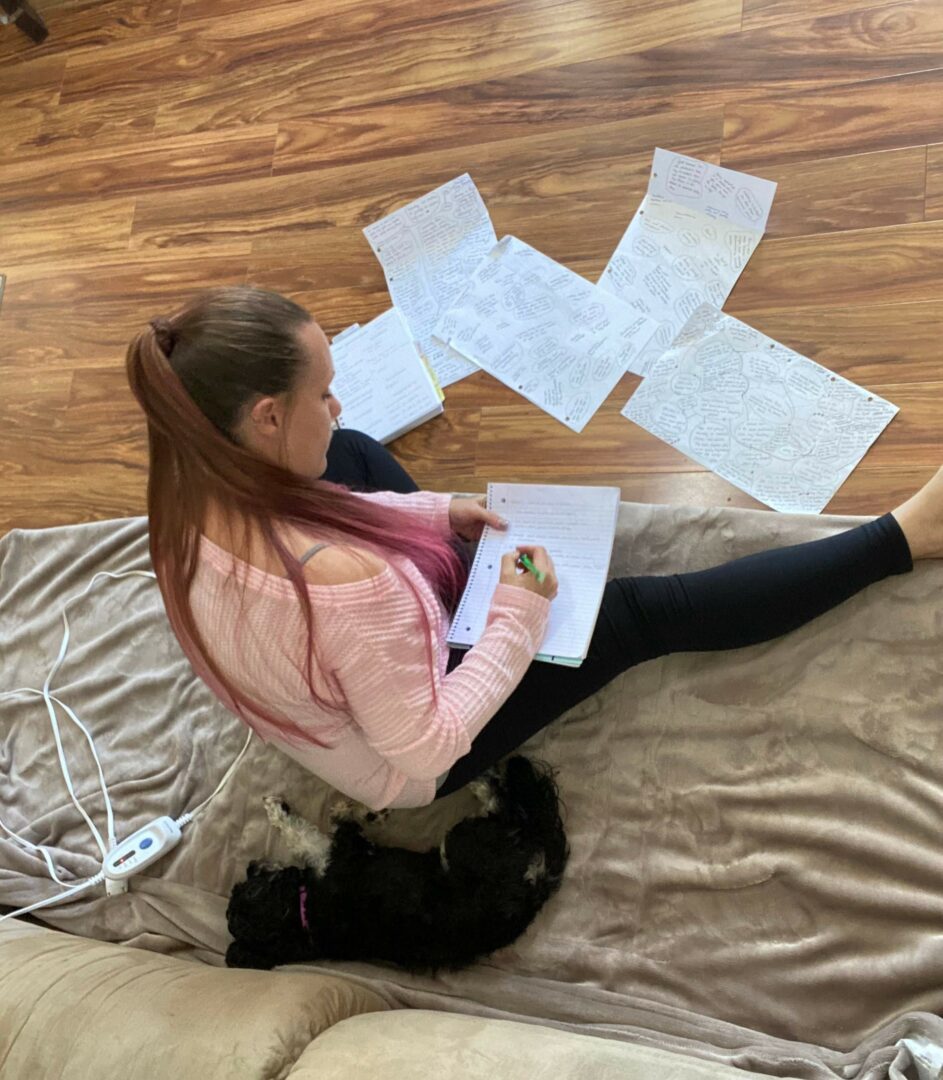
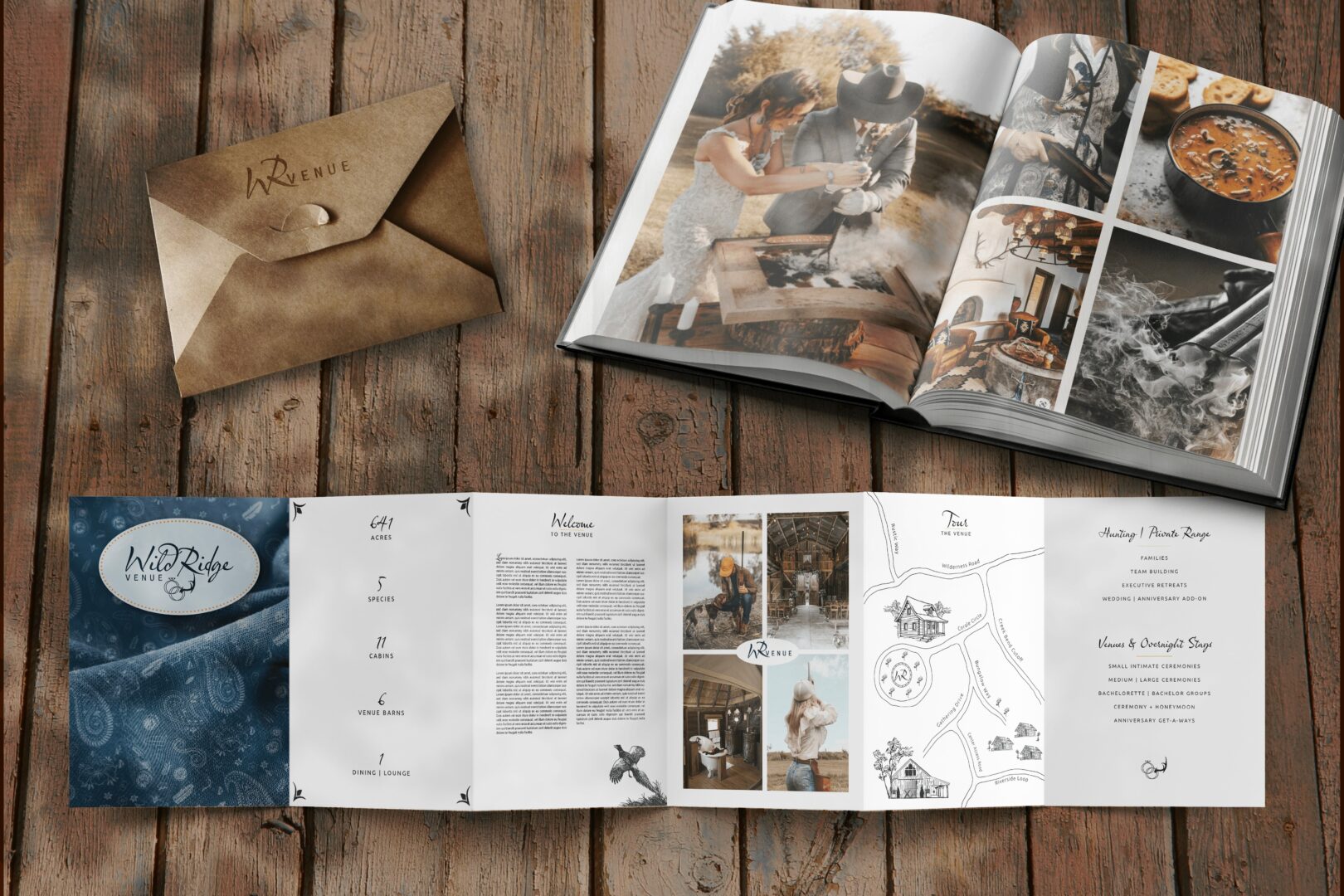
There is so much advice out there about all the different skills and qualities folks need to develop in order to succeed in today’s highly competitive environment and often it can feel overwhelming. So, if we had to break it down to just the three that matter most, which three skills or qualities would you focus on?
Looking back, there’s three things I feel have created the most impact on my journey, a quality, a skill, and piece of knowledge.
The piece of knowledge is: Imposter syndrome is only as powerful as how you choose to assign the emotion. If you see it as excitement and anticipation of learning through doing a new thing, it will be just that. If you choose to focus on what you don’t know about the new thing and fear being found out, it will be just that.
The skill I had to develop: At some point you have to stop consuming and start doing. Taking action builds the most evidence for yourself that you’re either good at what you’re doing or you’re getting better and hopefully it’s both. When you feel like you don’t know enough yet, or if you only knew XYZ you’d be ready, place yourself in a situation you have to figure it out on the clock and I promise you probably know a lot more than you realize.
The quality I continue to utilize: Tenacity. I make myself comfortable with being uncomfortable and taking risks because it creates more evidence for yourself of your determination and dedication to show up. You have to trust yourself to follow through before you can ask others to join you. I constantly am asking myself “Is this going to matter 5 years from now? what about 6 months from now?” That’s really the gauge I use to know whether I really need to stress about something or how much to overthink it. Usually, the answer is ‘no’ or ‘not enough to cause me stress now’ and I move forward.
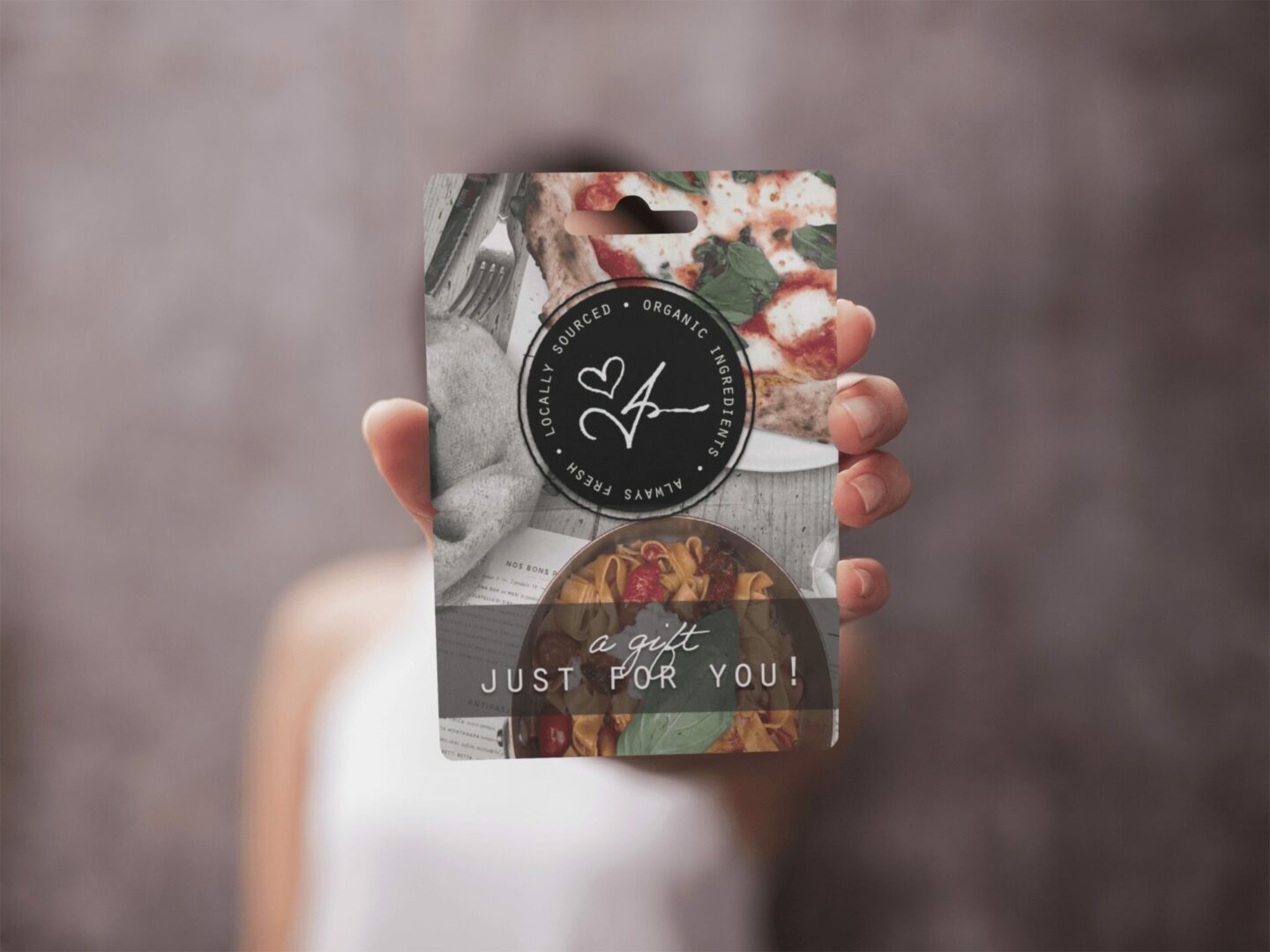
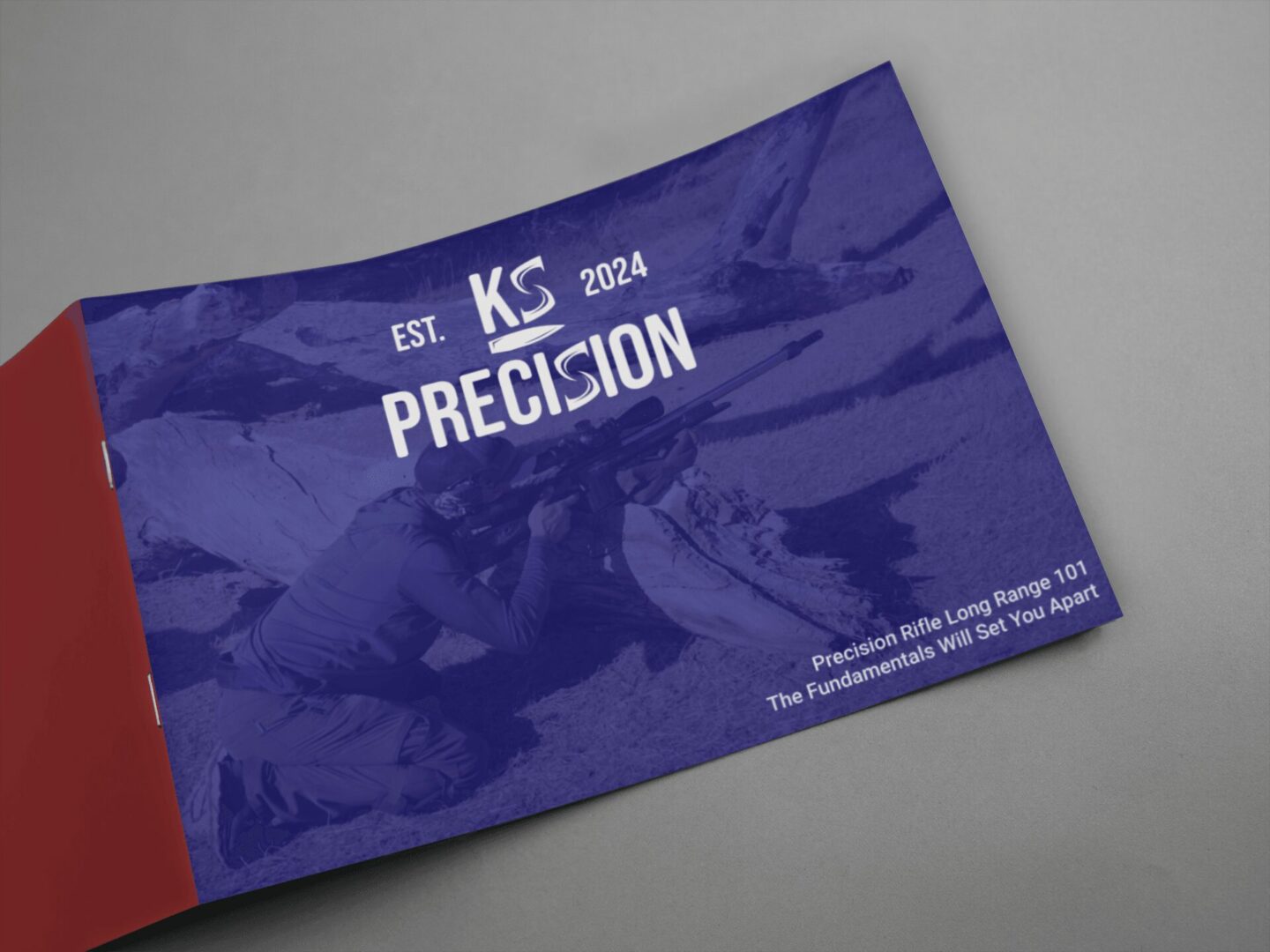
What would you advise – going all in on your strengths or investing on areas where you aren’t as strong to be more well-rounded?
I believe there’s a valid reason for the saying “Your network is your net-worth” and I am of the strong opinion that it goes hand-in-hand with ‘Rising tides raise all ships.” I do believe in honing your strengths, they’re your gifts for a reason, no one can do them quiet like you. I also think we should invest efforts in improving areas that aren’t necessarily our primary strengths but give support to our strengths and then have enough knowledge in the things that are not our strengths to know what good looks like.
I’m a strong supporter of collaboration, connecting the dots for others, and cheering on their successes. Instead of me becoming an expert in every type of service I want to offer my clients, or that I need done in my business, I try to educate myself enough on the subject matter to know whether it makes sense to offer it through the studio and if so, what good looks like. My goal is to find someone in my network (ever growing and nurturing) that shares the same values and work ethic to then partner with and serve my clients better than I could have if I had done it as a mediocre ability outside of my strengths.
I have to know what good looks like but I don’t take away from my own strengths to learn a new thing to the point I would be the best option to provide the service. That’s where we create bottlenecks in business and how we create our own overwhelm and burnout. Instead, I want to continue serving my clients with my own strengths and find people I enjoy doing business with to add-on to what I can give my clients. Who knows, eventually they could join the team permanently or be the one to make a connection down the road that propels my business. Either way, I take priority in going all in on my own strengths and knowing enough of what good looks like to find others who can do the things outside of my strengths far better than I could.
Sure, when I started in business, I had to do things well outside of my strengths to get the job done, but I don’t stay there long. I keep a list of tasks/topics I have to do vs what I’m good at doing. As soon as there’s wiggle room to off-load some of the have-to-do’s even if it’s on a project basis, I do it. For example, I can do the bookkeeping, but I loathe it with a passion. So, I started off-loading a quarterly review by a bookkeeper to make sure everything was being done correctly and reduce my time at the end of the year fixing things I had messed up previously before taxes could be done. It also held me accountable and prevented my procrastination. The next step is getting that bookkeeper handling the books on an ongoing basis. Regardless, I know how to do it good enough to run my business and I also recognize what good bookkeeping looks like so once I hand it off I will be able to recognize the reports to oversee their work, but I’m not an expert and not going to start offering it as a service regardless how many people have asked me for help and I have no intention on doing it forever. I’ll be happy to delegate that off my shoulders, along with some other skills on the have-to-do list.
Contact Info:
- Website: https://www.outdoors34.com
- Instagram: https://www.instagram.com/caitlin.outdoors34/
- Linkedin: https://www.linkedin.com/in/olivia-caitlin-smith/
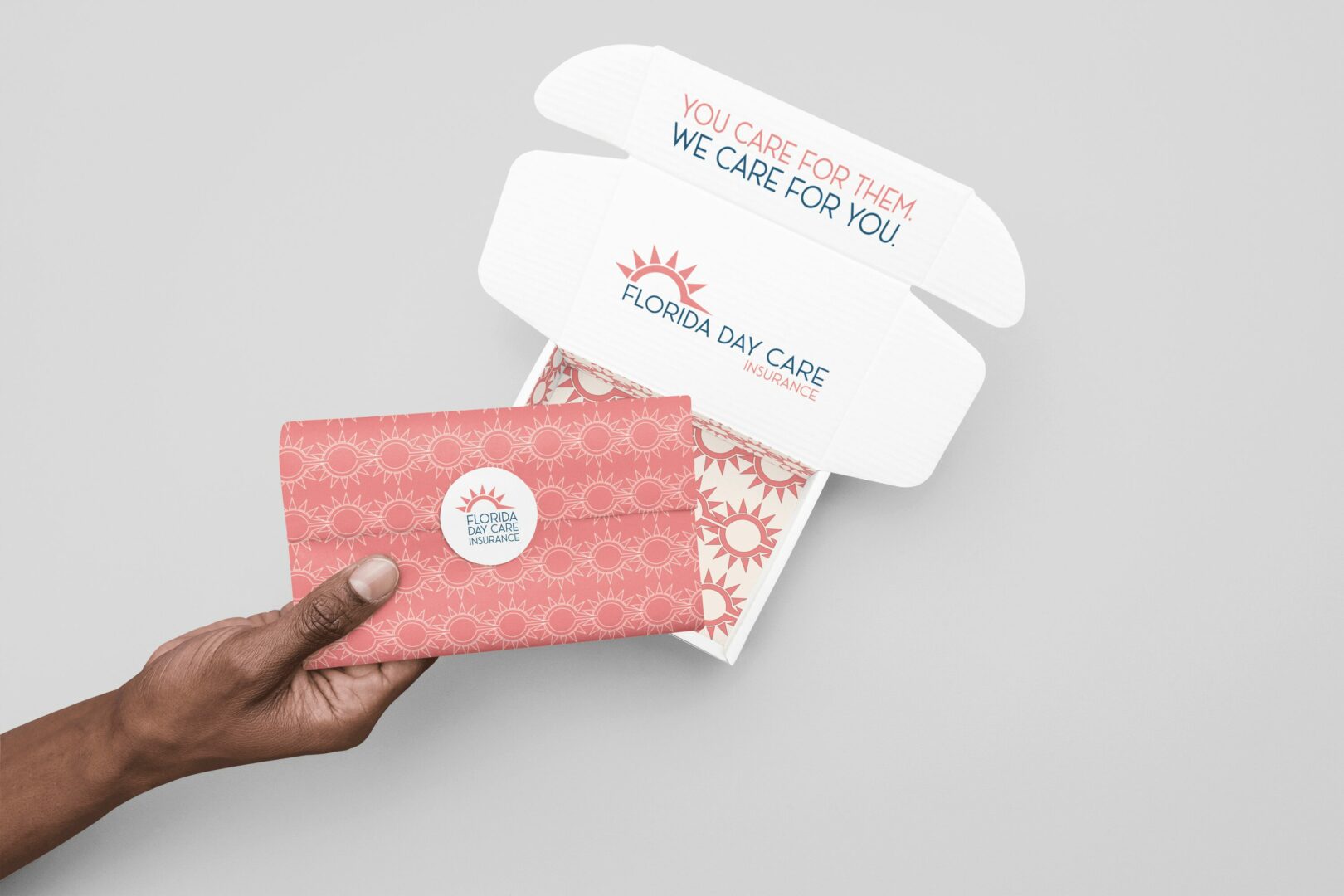
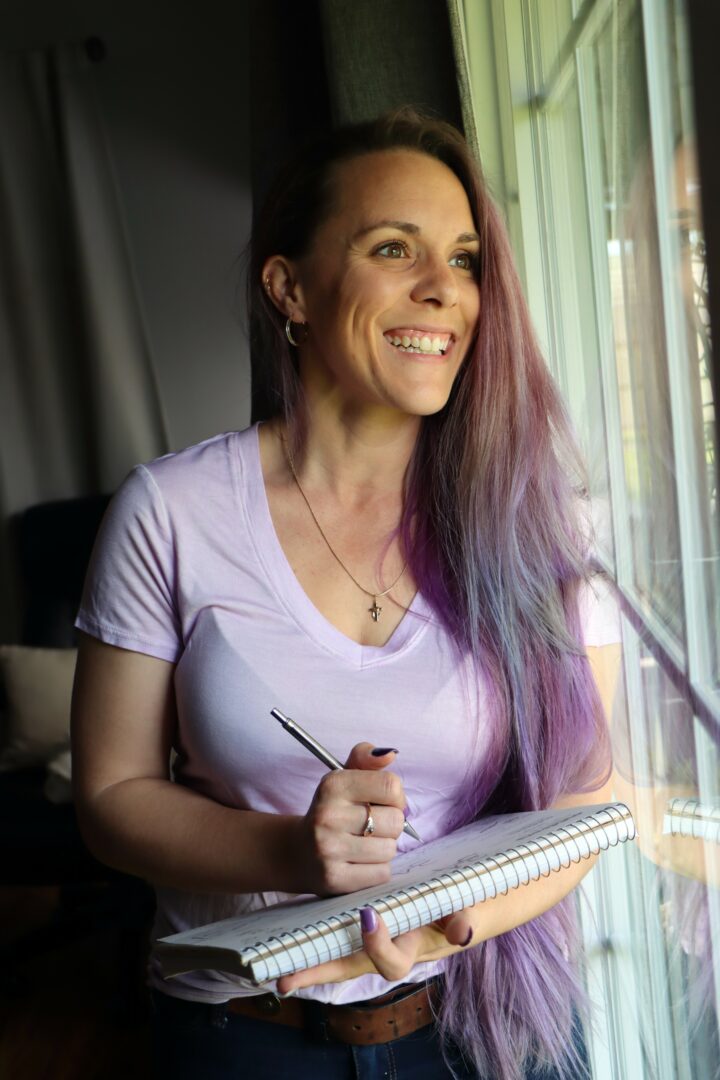
Image Credits
Relived Memories by Bethany
so if you or someone you know deserves recognition please let us know here.

